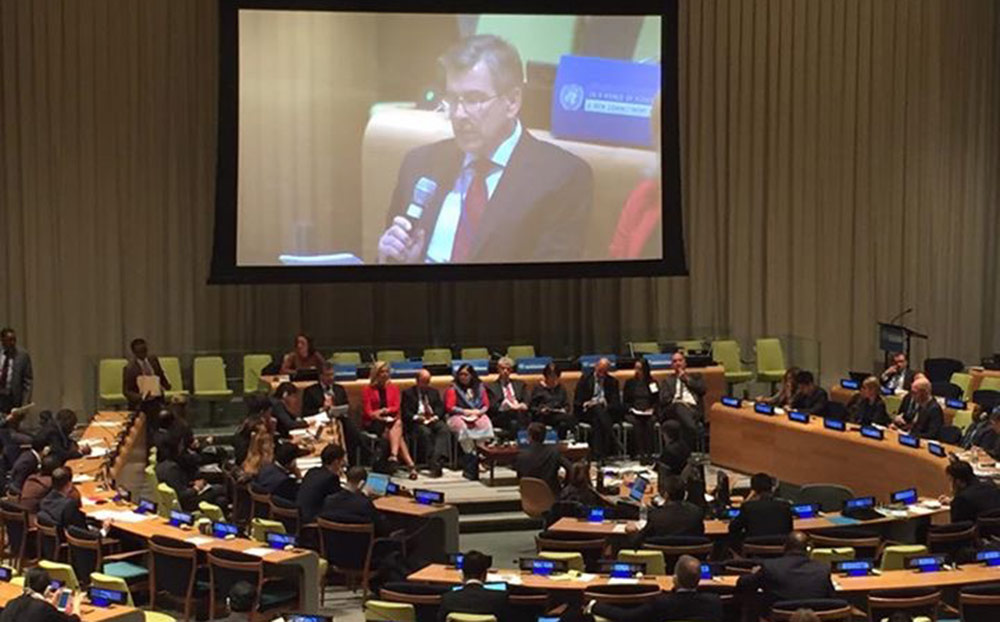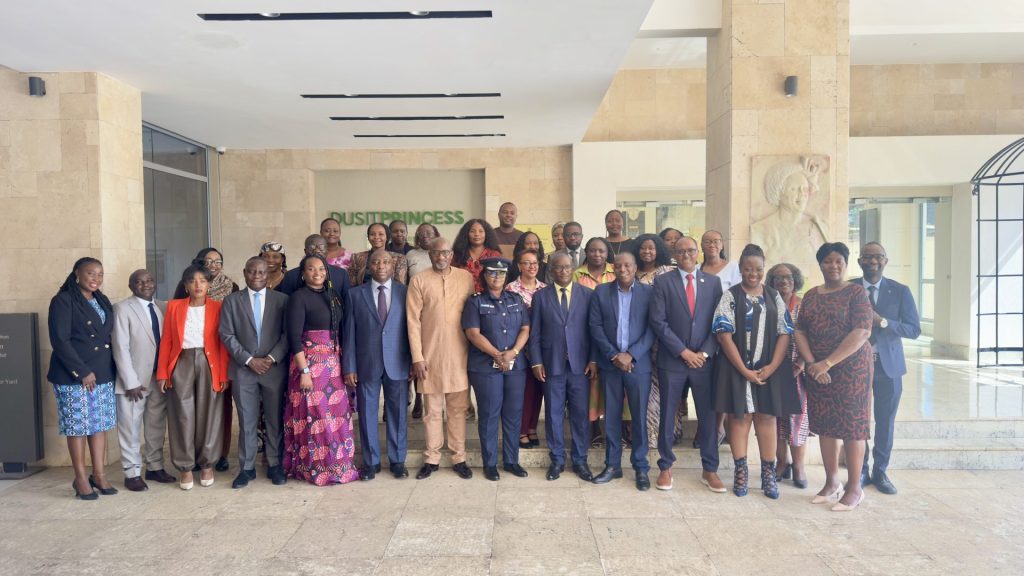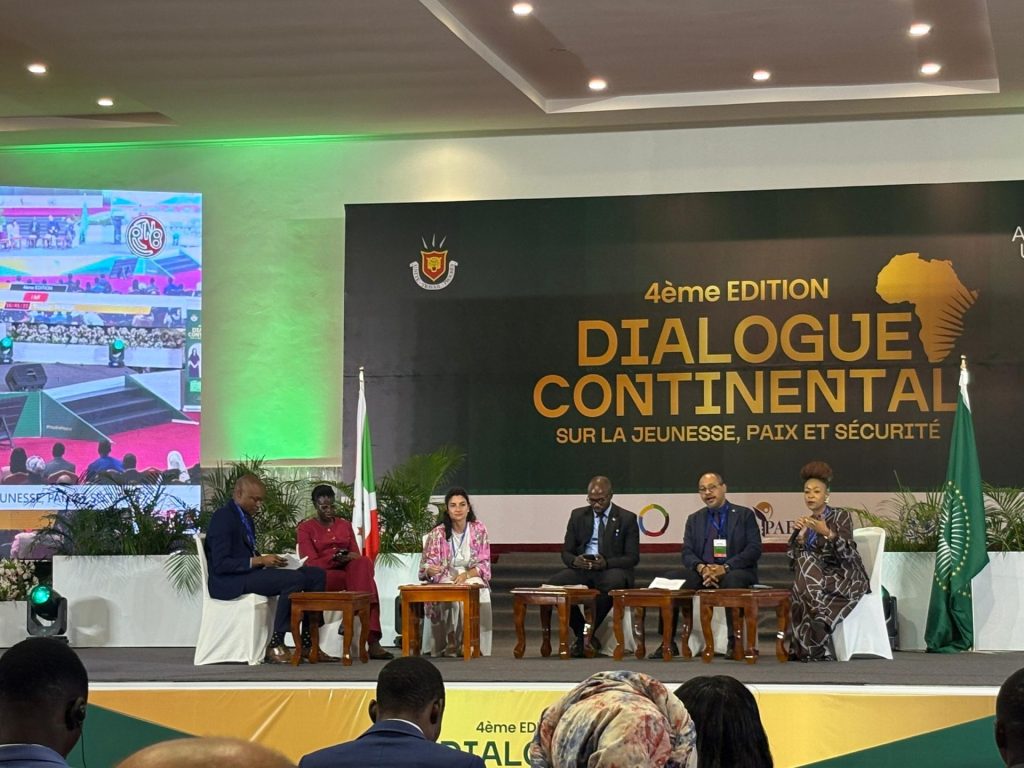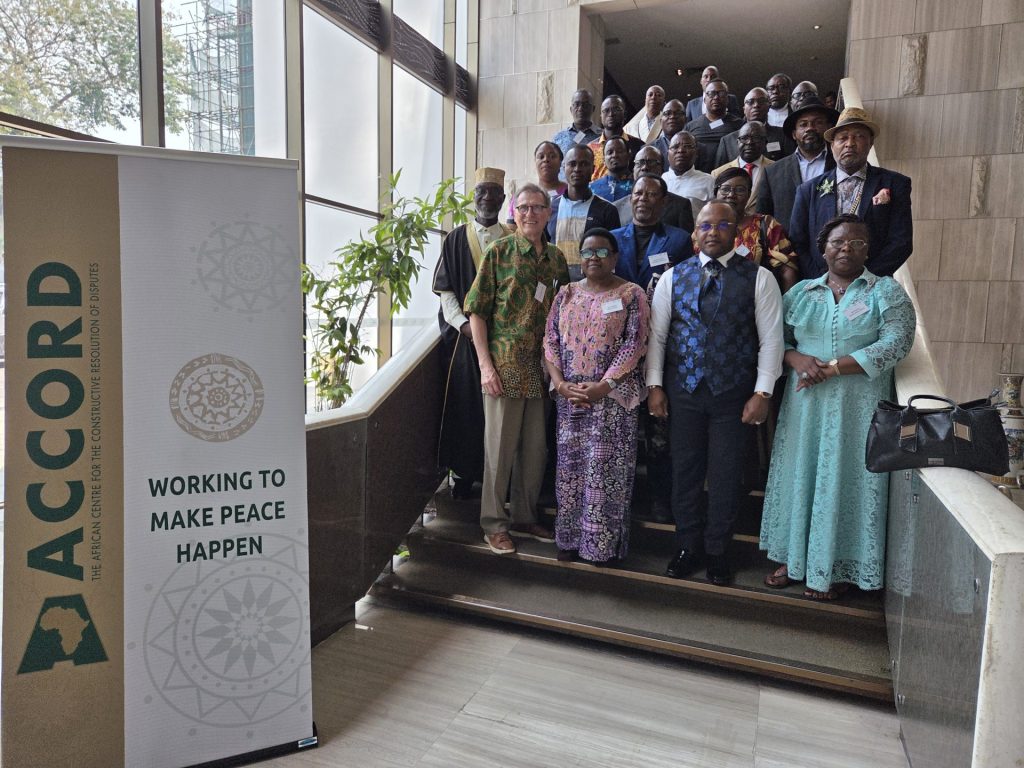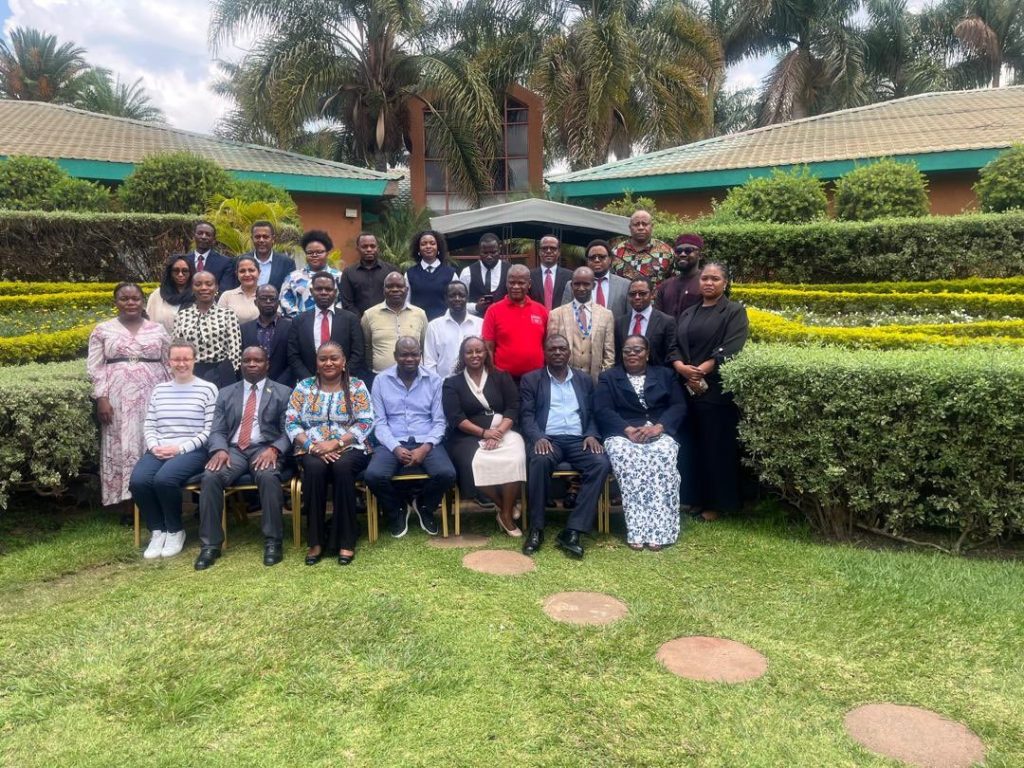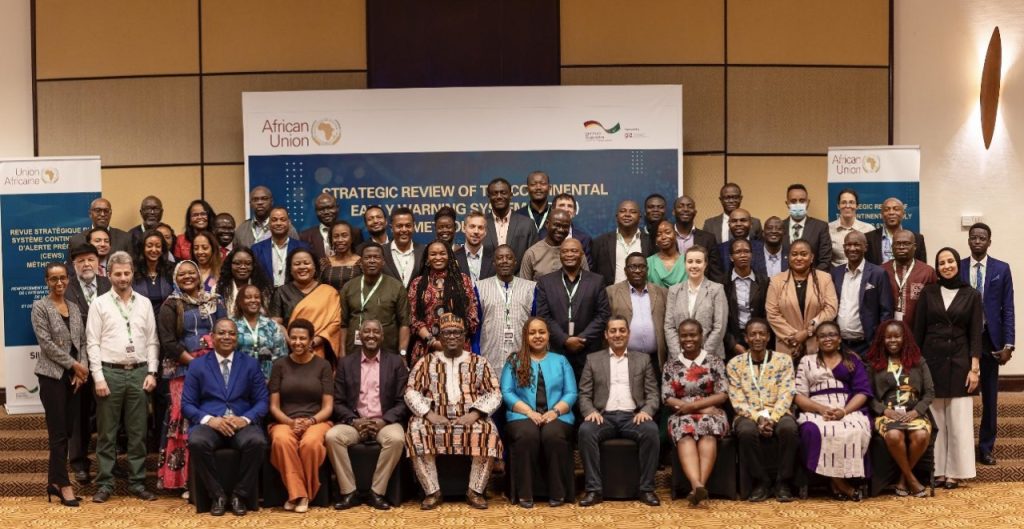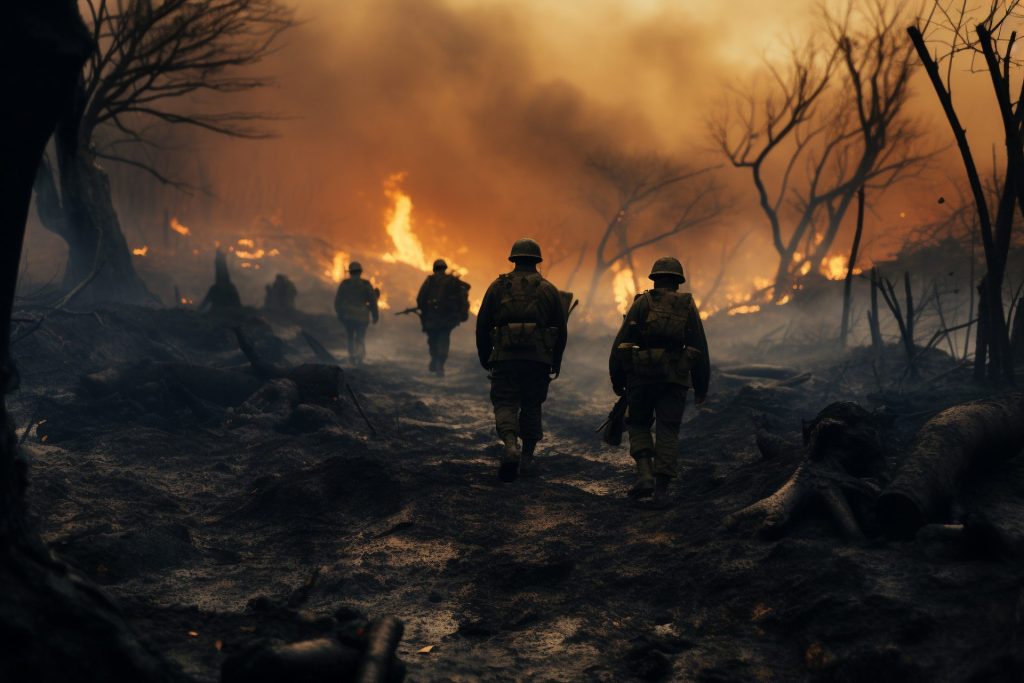With the global community facing increasingly complex challenges to international peace and security together with rapidly evolving geopolitical realities, it is possible that a perception of the United Nations (UN) as being unable to effectively address the most complicated and dangerous conflicts could be taking root.
Yet significant progress has been made recently on other fronts – multilateral approaches to development and climate change. The question is how the UN can restore its relevance and credibility in matters of peace and security in a more insecure world, a world where conflict appears to be increasing rather than decreasing. At the same time the UN remains the largest peacekeeping actor in the world with diverse capabilities as well as the central actor in humanitarian and relief operations.
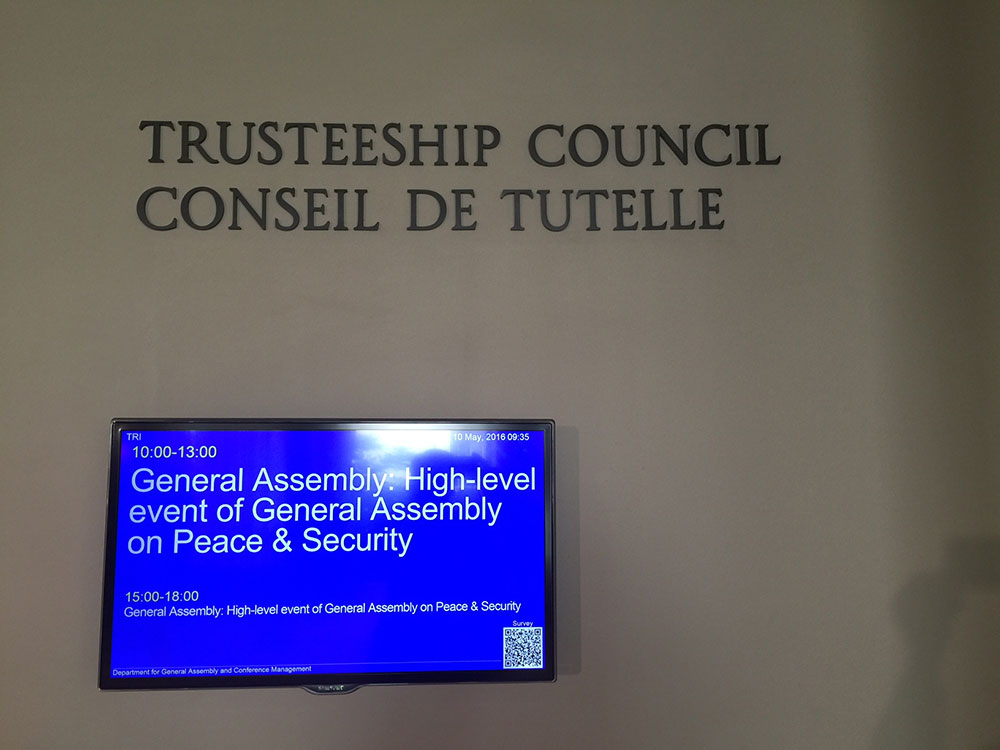
These questions and concerns led in 2015 to three key UN reviews, driven by the sense that the UN needs urgently to relook at its resources, tools and instruments, while enhancing its diplomatic and preventive functions (UN HLTD Briefing document, 19 April 2016). The reviews – of UN peacekeeping and peacebuilding and the implementation of UN Security Council Resolution 1325 on women, peace and security were carried out to take stock and to recommend reforms for the future of the global peace and security architecture.
If implemented, the outcome of these recommendations would be an enhanced, more relevant, coherent and effective UN, working with member states and regional organisations such as the African Union, to prevent, manage and resolve conflict, as well as to build and sustain peace. (Setting the Stage for the UNGA’s High-Level Thematic Debate: Swelam, Abdenur, De Coning & Hafez: 2016).
To provide a platform for member states to reflect on the recommendations of the reviews, the President of the UN General Assembly, H.E. Mogens Lykketoft, organised a High-Level Thematic Debate (HLTD) of the UN General Assembly (UNGA) from 10-11 May 2016 in New York. The debate aimed to identify priority areas and to present recommendations for reforms at the UN that enjoy the support of the majority of its members.
South African civil society was directly involved. The Durban based African Centre for the Constructive Resolution of Disputes (ACCORD), participated as co-convenor of the African leg of regional consultations that were held in March this year in Addis Ababa, and which fed into this week’s debate in New York. The conclusions from that African round were presented on Day 1 of the HLTD by Cedric de Coning, ACCORD’s Senior Advisor on peacekeeping and peacebuilding, together with other representatives from the African consultation. ACCORD then co-sponsored and presented at a side event on 11 May, focused on enhanced UN cooperation with civil society and regional organisations. ACCORD’s Founder and Executive Director, Vasu Gounden, was invited to present.
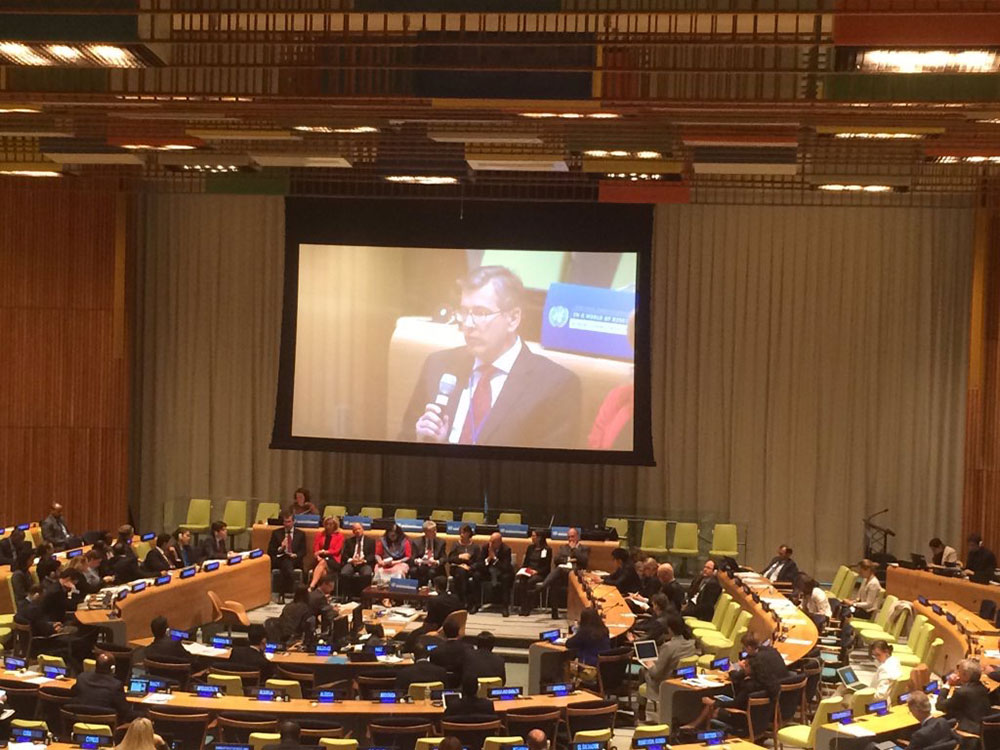
The HLTD and related discussions are of direct interest to South Africans. Africa is home, and an explicit desire of South Africa’s foreign policy is for a world of greater security, peace, and dialogue. Africa itself has made great strides, leading the way regionally in terms of the establishment of a dynamic institutional continental architecture specifically geared toward peace and security. As Ministers and participants to the HLTD pointed out – there is a desperate need globally for a paradigm shift, to conflict resolution and sustaining peace, with an emphasis on “prevention”, rather than “reaction”, instead of the increasingly militarised approaches of the last few decades. Africa’s experience is that all conflicts eventually end round a table. Outright military victory is exceptionally rare and very often militarised approaches end up increasing the destruction. What was clear from the debate was the increasing frustration of many of the UN’s members as what they see as a outdated ways of organising global affairs.
The regional consultations across the globe highlighted seven key reoccurring recommendations for UN reform: the primacy of political solutions over force; increasing democracy at the UN; cooperation and partnerships at the global-regional interface; people-centred, national ownership of peace; women as drivers of sustainable peace; institutional reform to ‘defragment’ the UN system; and sustainable and predictable financing for peace interventions.
Just as South Africa needs a peaceful Africa to prosper, regions across the globe need a peaceful world. All we have at global level is the UN. As it continues to attempt to fulfil its primary promise to “save succeeding generations from the scourge of war”, a UN 2.0 seems to be what we need.
A version of this article appeared in the Times Live newspaper of 12 May 2016
Related Content
- Challenges and Priorities for Peace Operations Partnerships between the UN and Regional Organizations
- Igarapé Institute’s Latin American UN HLTD consultations report on future of UN peace operations, peacebuilding, and women peace and security

